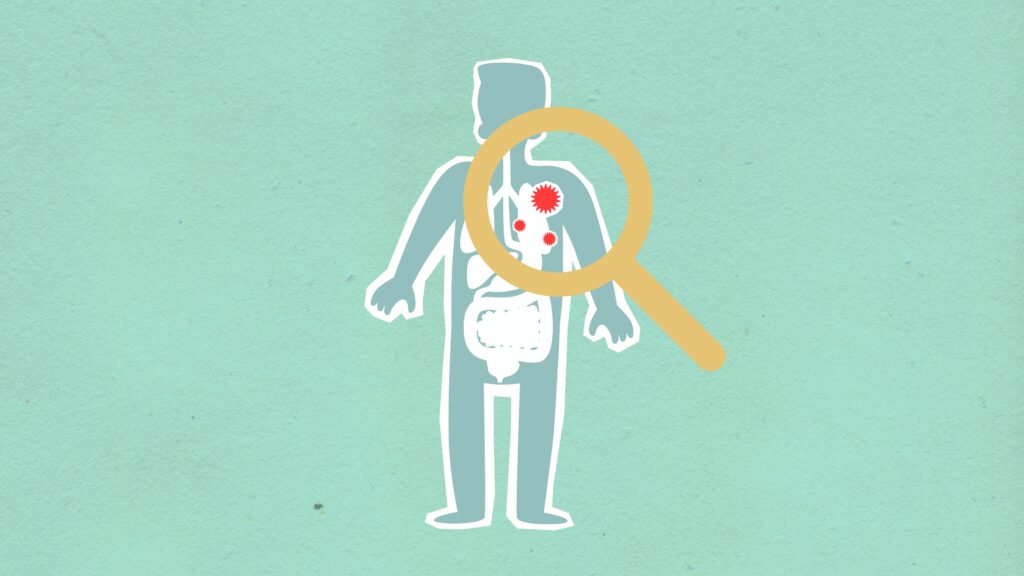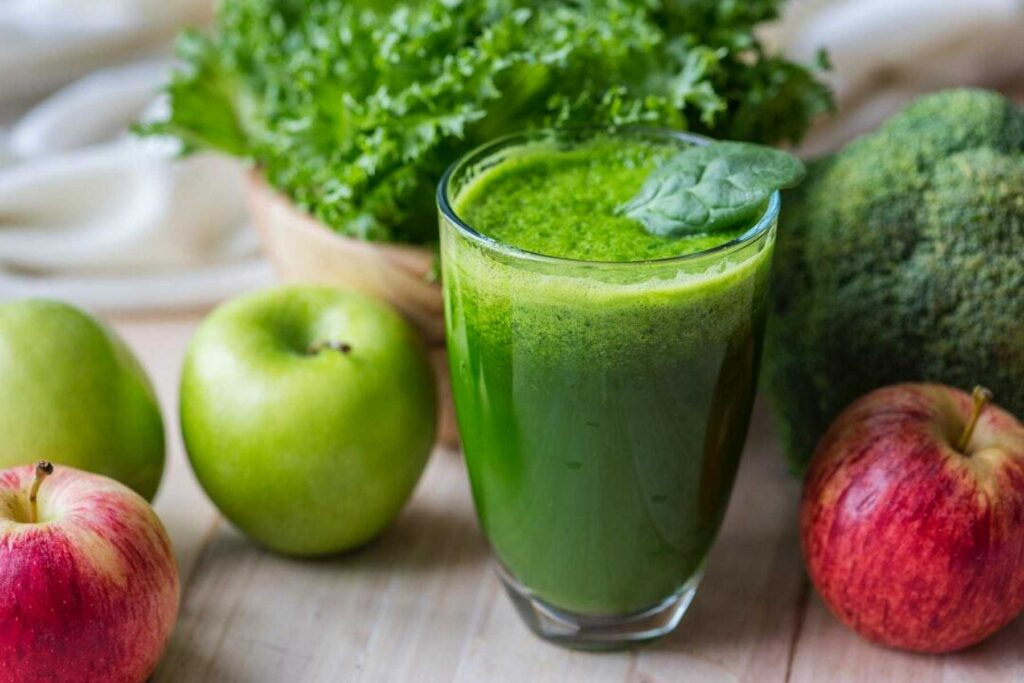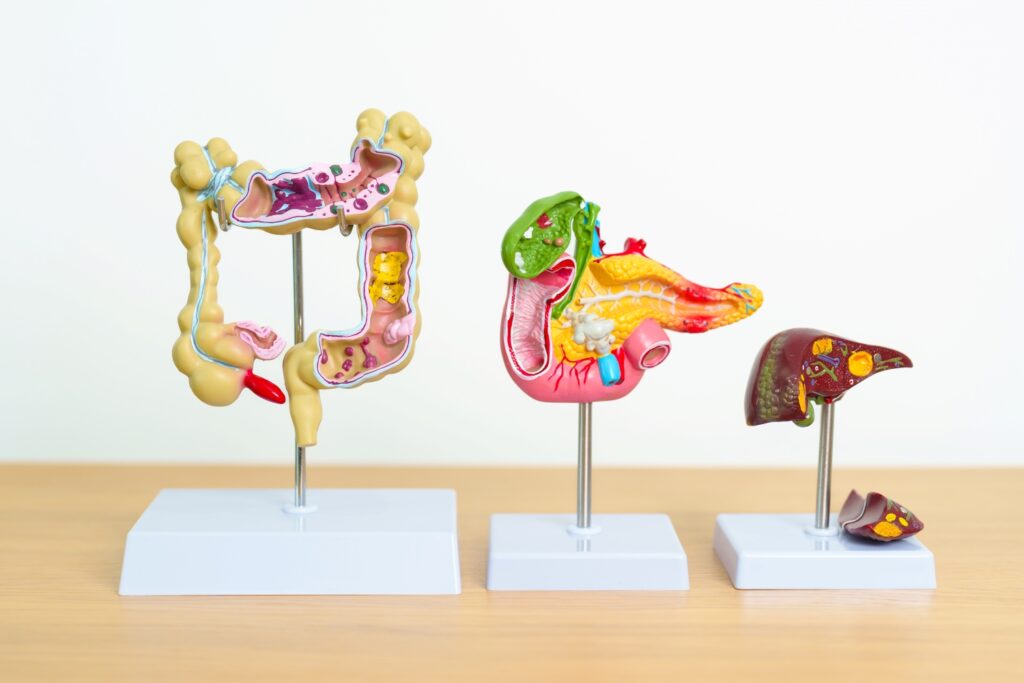Toxins. They’re all around us and inside us, too. Even those who reduce their exposure to toxins can be affected, as some toxins and the health problems they cause can be passed down through the generations.
Knowing how to test for toxins in the body can help prevent these health issues. Individuals can work with toxic burden experts to find the best solutions for their symptoms.
It all begins with this guide, so read on to learn more.
Introduction
There are many misconceptions about toxins. For example, some people may claim that the body is not good at eliminating toxins and needs help from expensive products to cleanse them.
Others say that exposure to even a small amount of toxins is guaranteed to make someone sick. Therefore, the solution to optimal health is to completely avoid all sources of toxins.
In truth, the body is good at eliminating toxins on its own, and try as someone might, they won’t be able to completely prevent their exposure to substances that are bad for human health.
Navigating the subject of environmental toxins requires more than reading a single article or even a dozen articles. Even experts in the field are still learning about toxins and their potential impacts.
Still, we want to do our best in this guide to explain the facts about environmental toxins, their impact on health, and how to test for them, which is why we created this guide.
Toxins: What Are They?
Toxins are gasses, organisms, chemicals, and other substances that have the potential to harm human health. Many toxins exist in the environment, contaminating the air, food and water sources, and even our homes.
Many toxins occur naturally, such as arsenic, formaldehyde, and benzene. Others are man-made, as is the case with pollution. Some toxins are harmful even in small amounts, while others may take time to accumulate.
Chronic exposure to toxins is associated with many health conditions. Diabetes, heart disease, and obesity are linked to a certain type of toxin known as endocrine disruptors. In more serious cases, environmental toxin exposure can even lead to cancer.
A simple way to distinguish between toxins is by categorizing them based on their health effects. Below, we will discuss five types of environmental toxins and how they may impact humans.
Carcinogens
More than 500 toxins are classified as carcinogens. Carcinogenic substances have the potential to cause cancer. Some well-known carcinogens include asbestos, exhaust, and processed meats.
Being exposed to a carcinogen does not automatically mean someone will get cancer. Still, experts recommend limiting exposure to carcinogens and avoiding them altogether when we can.
Mutagens
Mutagens get their name from their potential ability to cause mutations to human DNA. UV rays are a well-known mutagen. Tobacco products, radioactivity, and many other substances are classified as mutagenic.
Experts have found many health conditions with links to mutagen exposure, including cancer. Mutagens are also the root cause of other genetic disorders like Alzheimer’s disease, Down syndrome, cystic fibrosis, and sickle cell disease.
Allergens
Most people are familiar with allergens. They are toxins that cause acute allergic reactions (i.e., an allergic reaction to peanuts) or chronic allergy symptoms (i.e., rhinitis).
Allergens can come from natural or man-made sources. Dust, pollen, and fungal spores are common allergens found in nature. Meanwhile, antibiotics and latex are common types of allergens made by humans.
Neurotoxins
Neurotoxins affect human nerves. Some are deadly after one-time exposure, while others cause health complications over time. One of the most well-known but least recognized neurotoxins is sugar.
The potential health effects of neurotoxins range from memory loss, muscle weakness, headaches, and sexual dysfunction to long-term disorders like Huntington’s and Parkinson’s disease.
Endocrine Disruptors
Endocrine disruptors are toxins that interact with the body’s endocrine system, which produces hormones. As dangerous as they are, these toxins are everywhere. Cosmetics and pesticides are two common household sources.
Researchers have discovered that these toxins are linked to many common disorders. For example, ADHD may be linked to a specific endocrine disruptor called DES.
Why Do Toxins Collect in the Body?
Toxins collect in the body from many sources, including the air we breathe, the food we eat, and the water we drink. Outdoor pollution and toxic chemicals in the home can enter the body through the lungs. Meanwhile, pesticides, fertilizers, and preservatives get into the body through what we ingest.
Acute exposure to a single toxin may not be enough to cause illnesses and disorders. Factors like the route (e.g., lungs vs. digestive tract), rate, duration, frequency, and dose of exposure matter. The type of toxin also matters when determining the level of potential harm.
Symptoms of High Toxins in the Body
Toxic overload can manifest in so many ways. Some of the most obvious symptoms of toxic overload include the following:
- Respiratory Problems: Long-term exposure to air pollutants or toxic gases can lead to chronic respiratory conditions such as asthma, chronic obstructive pulmonary disease (COPD), and lung cancer.
- Neurological Disorders: Neurotoxins like lead, mercury, and certain pesticides can damage the nervous system, potentially causing conditions like Parkinson’s disease, Alzheimer’s disease, and other forms of dementia.
- Cardiovascular Diseases: Persistent exposure to certain toxins, including some air pollutants, can increase the risk of heart disease, hypertension (high blood pressure), and stroke.
- Kidney Disease: Toxins that damage the kidneys can lead to chronic kidney disease (CKD) or end-stage renal disease (ESRD), requiring dialysis or kidney transplantation.
- Liver Disorders: The liver is crucial for detoxifying harmful substances. Chronic exposure to toxins can lead to liver diseases such as cirrhosis, fatty liver disease, and liver cancer.
- Endocrine Disorders: Endocrine disruptors, found in some pesticides, plastics, and other chemicals, can interfere with hormone function, potentially causing diabetes, obesity, and thyroid disorders.
- Cancer: Exposure to certain chemicals and toxins, including asbestos, benzene, and some heavy metals, is known to increase the risk of various types of cancer.
- Reproductive Health Issues: Exposure to endocrine-disrupting chemicals can affect reproductive health, leading to fertility issues, birth defects, and developmental disorders in children.
- Immune System Disorders: Certain toxins can weaken the immune system, making the body more susceptible to infections and autoimmune diseases, where the immune system attacks healthy body tissues.
- Skin Conditions: Chronic contact with toxic chemicals can cause skin diseases such as dermatitis, eczema, and skin cancer.
- Mental Health Issues: Exposure to neurotoxins and other pollutants can affect mental health, contributing to conditions like depression and anxiety.
Scientists have also discovered that the brain is especially sensitive to certain toxins, which are known as neurotoxins. Neurotoxins may lead to neurodegenerative conditions like Parkinson’s and neurodevelopmental disorders like ADHD. Mental illnesses are also linked to neurotoxin exposure.
Of course, these signs may also indicate another health issue. The best way to determine the true source of these symptoms and develop an effective solution is to get tested for toxic overload.
How to Test for Toxins in the Body
Urine, hair, and blood tests are used to detect levels of toxins in the body. Each test can detect different types of toxins. Find out the benefits of each test and what type of toxin analysis Revolution Gut Health uses next.
Urine Analysis
Urine tests are a go-to because they can measure DNA damage and oxidative stress. These biomarkers can identify cancer risk, mitochondrial damage, and even aging rates.
A urinalysis can also identify acute exposure to and heavy accumulation of toxic metals. These tests are particularly good at identifying mercury toxic load, or how much mercury has accumulated in someone’s body.
Hair Analysis
Hair tests are much less invasive than blood tests and more sanitary than urinalyses. These analyses work by plucking a strand of hair from the root and examining it for chemicals and toxins.
Blood Testing
There are many types of blood tests used to identify toxins in the body. Complete blood count (CBC) tests are the most common. These tests can measure the immune system’s white blood cell levels, which can indicate toxin exposure if they are outside the normal range.
Blood tests can also identify metals like cadmium, lead, and mercury. Blood sugar or insulin levels can also help diagnose diabetes. Diabetes may hint at toxic overload in older adults, though not always in younger people.
What Revolution Gut Health Uses
Revolution Gut Health’s total toxic burden testing services can identify the amount of toxins in someone’s system. We use a comprehensive urinalysis to identify mycotoxins, heavy metals, and other environmental toxins that may be causing unwanted symptoms.
Tips to Remove Toxins
It is a common misconception that people must undergo certain diets or juice cleanses to detoxify the body from toxins. The truth is that the body has its own natural detox pathways involving the liver, kidneys, lungs, digestive system, and skin.
However, if the body is overloaded with toxins, these pathways may become less efficient. When that happens, the goal is to unclog these pathways and support the body’s natural ability to detox.
In addition to the tips below, optimizing the body’s drainage pathways can help remove toxins. Find information about the body’s drainage pathways and how to improve their function on our blog.
Start Your Day With Water, Lime, and Sea Salt
A drink made with water, lime, and sea salt is a traditional Ayurvedic remedy for optimal digestion.
The theory behind this morning beverage is that salt water acts as a diuretic. Diuretics increase urination, which is one way the body gets rid of toxins. The lime juice impacts the drink’s pH, boosting energy and optimizing liver function.
Drink Filtered and Mineralized Water Throughout the Day
Water is the basis of body fluids, including saliva, blood, lymph, urine, and sweat. These fluids are part of the body’s natural drainage and detox systems, and too little water is associated with chronic diseases linked to toxin overload.
Drinking water straight from the tap can potentially increase your toxic load. Filtering water removes PFAS chemicals that commonly contaminate drinking water sources. Some filters may remove PFAS contaminants by up to 100%.
Another option is to drink mineralized water. Mineralized water is similarly filtered before being carbonated and enriched with minerals like calcium carbonate, magnesium sulfate, and potassium. Drinking mineralized water can help with indigestion and constipation, among other health benefits.
Get Adequate Sleep
The brain’s waste management system, the glymphatic system, is primarily active during sleep. Poor sleep increases the chances of developing conditions like Alzheimer’s. People with these disorders also tend to have dysfunctional glymphatic systems, suggesting a link between these two risk factors.
Mitochondria in the cells also function better with sleep. Healthy mitochondria are crucial for immune responses that clear away toxic cellular waste.
Take Probiotics
The digestive tract has many functions, including producing and eliminating waste products from the foods we eat. Optimal digestive function depends on a healthy gut microbiome, and a probiotic can help with that.
Probiotics are supplements and foods containing live strains of good bacteria. Consuming more fermented foods like yogurt, kefir, kombucha, and sauerkraut can support excellent gut health and better elimination of food waste.
Use Phthalate and Paraben-Free Products
Phthalates and parabens are toxins found in many personal care products. Phthalates are solvents manufacturers often add to hair care products, and parabens are a type of cosmetic preservative.
These toxins are endocrine disruptors that impact estrogen levels. Avoiding them can not only benefit the skin and hair but also reduce people’s total toxic burden.
Revolution Gut Health Total Toxic Burden Testing
The first step of detoxing from environmental toxins is learning how to test for toxins in the body. We hope this guide has illuminated the truth about toxins, their impact on human health, and how to find the most effective treatment.
Are you ready to discover how toxins in your body could impact your health? Revolution Gut Health uses a comprehensive approach to toxin testing to uncover the substances that could be to blame for your symptoms.
Book a free discovery call with our experts to get tested and find out the amount of toxins you are carrying around in your body.
FAQ
The topic of environmental toxins is a meaty one, and this guide has only scratched the surface. We encourage people interested in the effects of toxic overload to do more research, starting with these FAQs.
How Is Toxicity Related to Body Weight?
Toxicity is related to body weight because certain toxins can cause people to gain weight. Some of these toxins are endotoxins, or toxins the body produces naturally. Others come from outside sources.
For example, scientists have found that certain toxins in the human gut can increase the risk of obesity. Endotoxins are also linked to type 2 diabetes.
Studies have found that diet can help reduce levels of toxins from outside sources. For example, one detox diet promoted a reduction in certain toxic trace elements. The 45 female participants also experienced weight loss.
What Are the Herbs That Cleanse the Body of Toxins?
Nettle, red clover blossom, dandelion root, chamomile, and Siberian ginseng are herbs that can help the body cleanse the body of toxins. These herbs have a range of benefits, from supporting digestive health to stimulating liver function.
Cilantro may also help during a detox. Some studies have found that cilantro can improve the body’s ability to get rid of heavy metals, phthalates, and insecticides.
What Supplements to Remove Toxins from the Body?
Probiotics, diindolylmethane (DIM), glutathione, N-acetylcysteine (NAC), magnesium, milk thistle, and L-glutamine are supplements that remove toxins from the body. Probiotics, DIM, and L-glutamine are beneficial for ridding toxins through the digestive tract. Glutathione, NAC, magnesium, and milk thistle improve the liver’s function.


